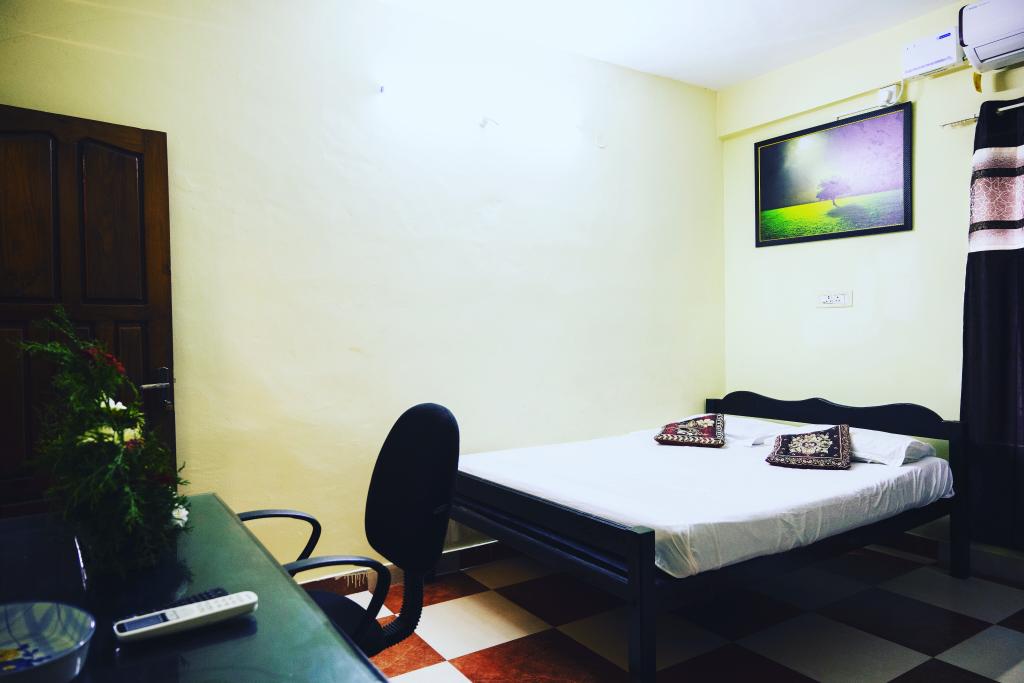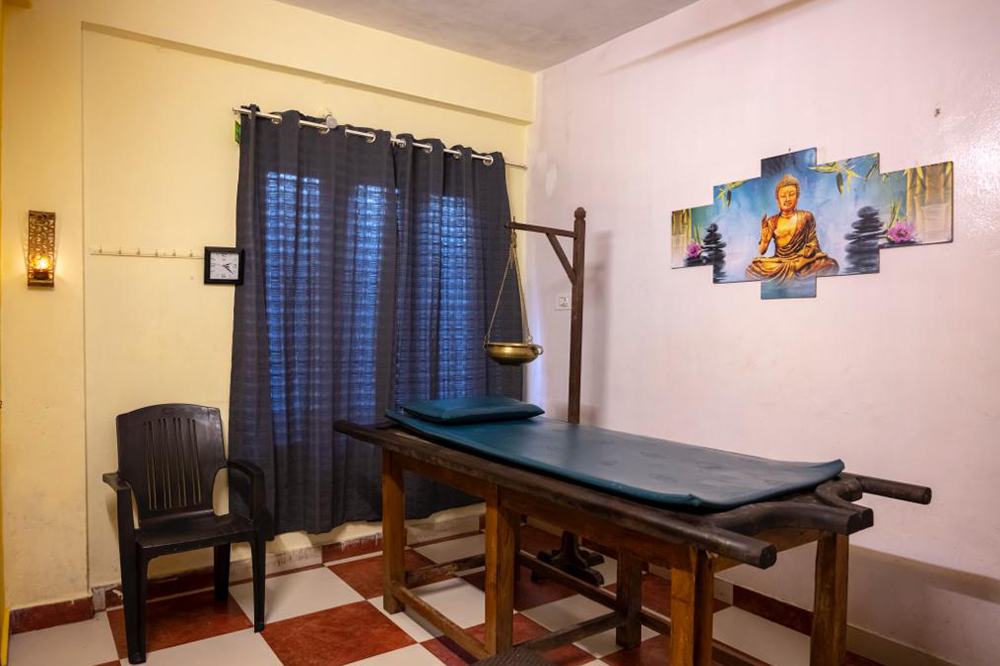Introduction
Irritable Bowel Syndrome (IBS) is a common and often debilitating gastrointestinal disorder that affects millions of people worldwide. Characterized by symptoms such as abdominal pain, altered bowel habits, constipation, diarrhoea, bloating, and gas, IBS can have a significant impact on an individual's quality of life. While conventional medicine offers various treatments, Internal Bowel Syndrome Ayurveda treatment provides a holistic and natural approach to managing this condition. In this comprehensive guide, we will explore how Ayurveda correlates IBS with Grahani roga and offers dietary, lifestyle, and medicinal solutions to alleviate IBS symptoms.
Understanding IBS from an Ayurvedic Perspective
In Ayurveda, IBS is correlated with Grahani roga. Grahani is a term associated with the seat of agni, the digestive fire responsible for the digestion and assimilation of nutrients in the body. Any disturbance in agni leads to improper digestion of food, which is believed to be a significant contributor to various diseases, including IBS. Therefore, Ayurveda emphasizes the importance of maintaining a healthy agni to prevent and manage IBS.
Etiology (Nidana) of Grahani Roga
Ayurveda identifies several factors that can lead to Grahani roga and, consequently, IBS. Understanding these causes is crucial for addressing the root of the issue and providing effective solutions:
Abhojana (Not having food):
Irregular or inadequate food intake can disrupt the digestive process, leading to digestive disorders like IBS. It is essential to have regular meals to keep the digestive fire functioning optimally.
Atibhojana (Intake of excessive food):
Overeating can overwhelm the digestive system, hindering proper digestion and leading to symptoms of IBS. Moderation in food intake is key.
Ajirna (Indigestion):
Consuming food that is difficult to digest or not properly chewing food can result in indigestion, a common precursor to IBS. Chewing food thoroughly aids in the digestion process.
Intake of Guru (heavy), sheetha (cold), Atiruksha (dry), and dushitha bhojana (contaminated food):
These dietary factors can imbalance agni and trigger IBS symptoms. Ayurveda recommends a diet that is easy to digest and tailored to one's constitution.
Vega dharana (suppressing urges):
Suppressing natural urges, such as the urge to defecate, can lead to the accumulation of toxins in the body, contributing to Grahani roga. It is crucial to heed the body's signals and respond promptly.
Ayurvedic Diet and Lifestyle for IBS
Ayurveda offers specific dietary and lifestyle recommendations to manage IBS effectively. These recommendations are aimed at reducing the frequency and severity of IBS symptoms and promoting overall digestive health.
Dietary Guidelines:
Eat warm or room temperature foods:
Cold or excessively hot foods can disturb agni. Opt for warm, cooked meals to support digestion and reduce the likelihood of IBS flare-ups.
Increase fiber intake:
High-fiber foods, such as whole grains, fruits, and vegetables, can aid in regular bowel movements and alleviate constipation. However, individuals with IBS should be cautious and monitor their fiber intake, as excessive fiber can exacerbate symptoms in some cases.
Avoid dairy products:
Dairy products, especially for individuals with lactose intolerance, can aggravate IBS symptoms. Opt for dairy alternatives or lactose-free options to minimize discomfort.
Incorporate anti-inflammatory spices:
Spices like ginger, cumin, and turmeric possess anti-inflammatory properties that can help reduce the symptoms of IBS. Including these spices in your meals can provide relief from abdominal pain and bloating.
Lifestyle Management:
Avoid an unwholesome diet:
It is essential to stay away from curd, alcohol, fermented beverages, junk food, and gas-forming foods such as potatoes, Bengal gram, broccoli, and cauliflower. Eliminating these trigger foods can help prevent IBS symptoms from worsening.
Ayurvedic buttermilk:
Ayurvedic buttermilk is an excellent addition to an IBS-friendly diet. It aids in digestion and soothes the digestive system. You can prepare it by diluting yogurt with water and adding a pinch of spices like cumin and ginger.
Get adequate sleep:
Quality sleep is essential for overall well-being and can significantly impact IBS symptoms. Ensure you sleep for 6 to 8 hours every night to allow the body to rest, heal, and manage stress, which can exacerbate IBS symptoms.
Ayurvedic Management of IBS
In addition to dietary and lifestyle interventions, Ayurveda offers a range of herbal medicines to manage IBS effectively. These medicines are carefully formulated to address the underlying causes of IBS and alleviate symptoms like abdominal pain, constipation, and diarrhoea.
Medicines for IBS should have the following qualities:
Deepana (carminative property):
These medicines improve the digestive fire (agni), which is crucial for efficient digestion and the prevention of IBS symptoms.
Some commonly used Ayurvedic medicines for Grahani roga include:
Kutajarishta
Mustharishta
Pippalyasavam
Kutajavaleha
Dadimavaleha
Jeerakarishta
Bilwadi gutika
Takrarishta
Bilwasava
These medicines are formulated with a combination of herbs and ingredients that target the root causes of IBS and promote digestive balance.
Personalized Approach to IBS
Ayurveda emphasizes the importance of a well-balanced diet tailored to an individual's constitution (Prakriti) and the nature of their IBS symptoms. No two individuals are the same, and therefore, it is crucial to create a personalized plan that addresses specific dietary needs and triggers. This personalized approach ensures that the treatment is tailored to the individual's unique requirements.
Panchakarma for Detoxification and Rejuvenation
In addition to dietary adjustments and medicinal interventions, Ayurveda offers therapies like Panchakarma, a comprehensive detoxification and rejuvenation process. Panchakarma is tailored to an individual's constitution and IBS symptoms and includes therapies like Abhyanga (oil massage), Swedana (steam therapy), and Basti (enema therapy). These treatments can help cleanse the body of toxins, improve digestion, and promote overall wellness.
Panchakarma therapies aim to balance the doshas and agni, which are crucial for managing IBS effectively. Ayurvedic practitioners can create personalized Panchakarma plans to address the unique needs of each individual.
Conclusion
Irritable Bowel Syndrome can be a challenging condition to manage, but Ayurveda provides a holistic and natural approach to alleviate its symptoms. By focusing on the balance of agni, adopting a personalized diet and lifestyle, and incorporating Ayurvedic medicines and therapies, individuals can find relief from the discomfort and distress of IBS. It's essential to consult with a qualified Ayurvedic practitioner to create a tailored plan that suits your unique needs and helps you on your journey to better digestive health. With the right guidance and a commitment to Ayurvedic principles, individuals with IBS can regain control of their health and well-being, paving the way for a happier and healthier life.
FAQs
Q1. How severe is the pain from IBS?
IBS pain can range in severity from mild and bothersome to severe and devastating. The level of discomfort for some people may alter even with a single day, making it difficult to organize daily activities.
Q2. What are the complications of IBS?
Anaemia
Skin diseases
Oedema
Anorectal disease (like haemorrhoids, fistula or fissure in anus)
Abdominal pain
Abdominal tumour
Q3. How rejuvenating drugs or Rasayana therapy helps to cure IBS?
- Improve blood circulation to GI tract
- Rejuvenation of cells of GI tract
- It causes proper secretion of digestive juices and helps to improve appetite and digestion.
- Increases immunity of GI tract thus preventing from diseases.
- Prevention from complications and recurrence of disease itself.


























